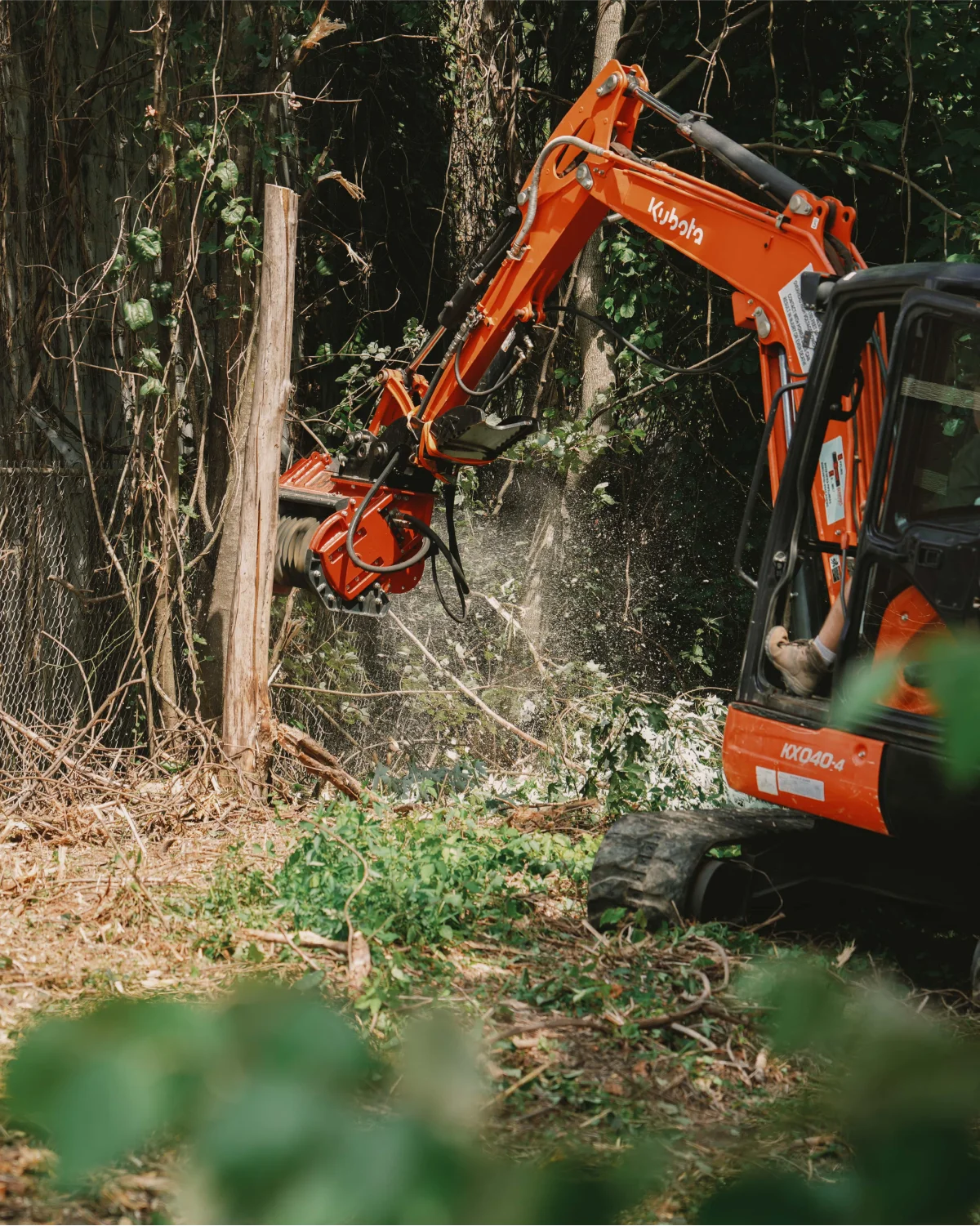Excavators: The Ultimate Guide to Versatile Job Site Power
Excavators are one of the most important machines on any construction site. Known for their strength, precision, and versatility, they…

Excavators are one of the most important machines on any construction site. Known for their strength, precision, and versatility, they…

Excavators are one of the most important machines on any construction site. Known for their strength, precision, and versatility, they can handle everything from digging foundations to lifting heavy materials. Whether you’re in construction, landscaping, or demolition, an excavator can transform how you work.
In this guide, we’ll cover what excavators are, the different types available, and how to choose the right one for your job site.

An excavator is a heavy-duty machine equipped with a boom, stick, bucket, and cab mounted on tracks or wheels. Operators use excavators for a wide range of applications, including digging trenches, lifting materials, demolishing structures, and grading land.
Key Features of an Excavator:
Small, agile, and ideal for tight spaces such as residential areas or landscaping projects.
Best for: trenching, small-scale demolition, and utility work.
The most common type, offering a balance of power and versatility. Perfect for mid-to-large construction sites.
Best for: foundation digging, material handling, and site preparation.
Heavy-duty machines designed for industrial-scale projects and mining operations.
Best for: mass excavation, large-scale demolition, and deep trenching.
Mounted on wheels instead of tracks, these are great for urban environments where speed and mobility are important.
Best for: roadwork, utility projects, and city construction sites.
When selecting an excavator, consider:
Excavators are indispensable machines in construction, landscaping, and industrial work. With the right size and attachments, they can handle almost any task on your job site.
👉 At M7 Equipment, we offer a wide range of equipment solutions to keep your projects moving forward. Contact us today to learn more about excavators and find the best machine for your needs.
👉 Explore our Excavator Attachments warehouse with great deals!